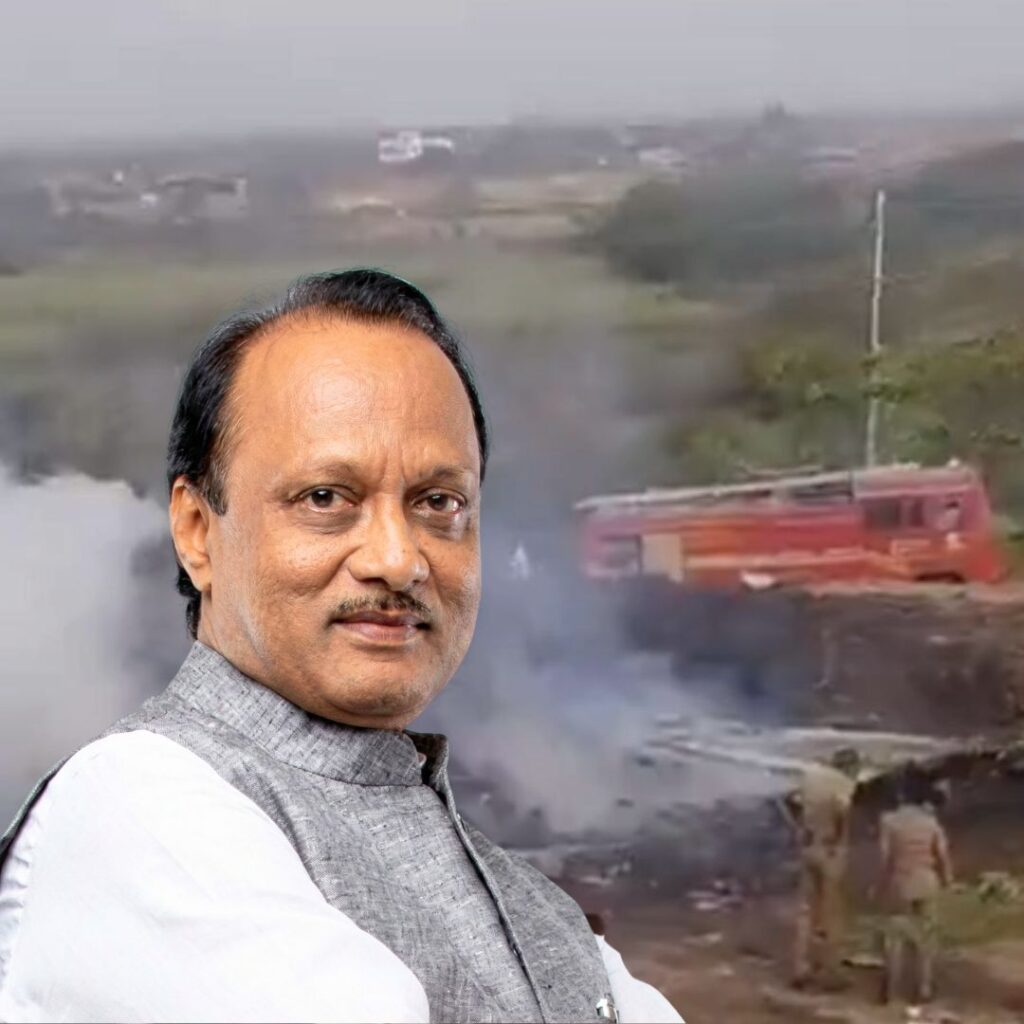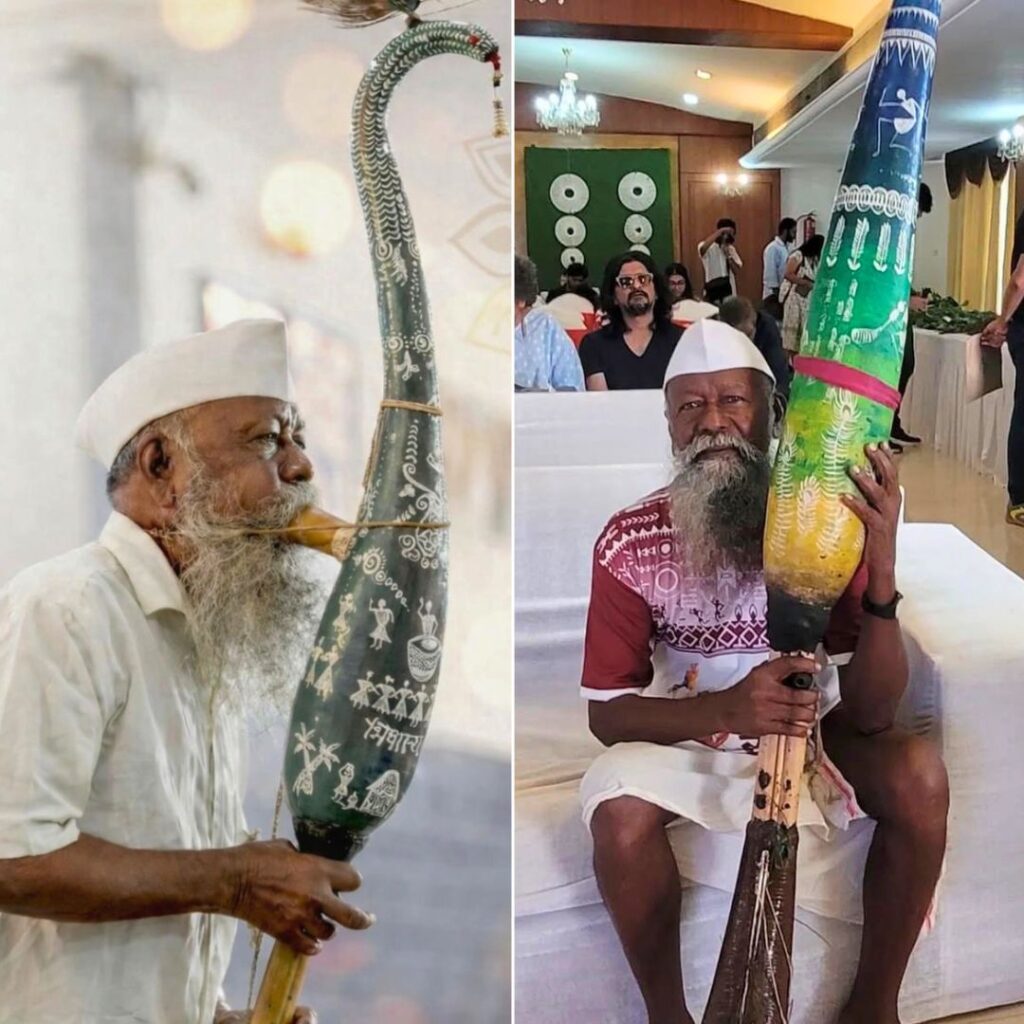The body of a migrant worker was found lying unattended inside a Shramik Special train for four days, before it was discovered when the train was being cleaned at the Jhansi railway yard on May 27.
Mohan Lal Sharma, 37, left Mumbai in a private bus for Jhansi on May 21. He worked as a driver with a chips-making factory in Navi Mumbai and was a resident of Basti district in Uttar Pradesh.
According to officials, on May 23 Sharma boarded a ‘Shramik Special’ train from Jhansi to Gorakhpur, about 70 km from Basti. A ticket showing the time of departure as 11.40 am was found with his body.
The Shramik Special reached Gorakhpur on May 24, at 4 pm, a journey which normally takes about 11 hours, said Pankaj Kumar Singh, Chief PRO, North Eastern Railways.
The empty train left for Jhansi at 6.20 pm, about a couple of hours after the passengers got off at Gorakhpur. Sharma’s body was found inside a toilet in the train at the Jhansi railway yard, about a couple of hours later.
‘We got information around 10 pm, Wednesday (May 27) regarding a body being found in a train at the Jhansi railway yard. We immediately rushed there along with a medical team. The body was found in the toilet of the ‘Shramik Special’ train; it had decomposed and was smelling. His face had swollen. We found an Aadhaar card, which identified him as Mohan Lal Sharma, a resident of Basti district,’ The Indian Express quoted Jhansi GRP (Government Railway Police) Inspector Anjana Verma as saying.
‘After reaching Jhansi, he (Sharma) went to Gorakhpur in a train. We found a ticket in his pocket, which was for May 23. He left on May 23, at 11.40 am, and the empty train returned to Jhansi on May 27, at 7.30 pm. The door of the toilet was not locked properly; we found Rs 27,000 inside his pocket,’ said Verma. ‘The body was found when the train was being sanitised,’ said the officer.
Sharma is survived by his wife and four minor children. ‘He spoke to his wife and said he had boarded the train and would call again after the train left. After that, his phone was switched off. We kept trying to contact him, and later lodged a missing person’s complaint at the local police outpost,’ said Rahul, his nephew.
‘On May 27, we got a call saying that his body had been found. Four members of the family have gone to Jhansi,’ he said.
‘He was returning home because he was unwell — he had an earache – and also wanted to be with his family as Coronavirus is spreading in Mumbai. Work had also stopped there,’ said Rahul.
The cause of Sharma’s death could not be ascertained in the post-mortem examination, and the viscera has been preserved. ‘We could not do a COVID-19 test because the body was found so late. The procedure must start within six hours of death,’ Jhansi District Magistrate Andra Vamsi said.
According to Chief PRO, North Central Railway, Ajit Kumar Singh, the train could not be checked after the passengers deboarded in Gorakhpur because of the COVID-19 protocol.
‘He boarded the train on May 23. He was allowed to board the train after taking all the precautions listed by the state government. From Jhansi to Gorakhpur, no alarm was raised by him or anyone regarding medical help,’ said Singh.
‘He boarded the train on May 23. He was allowed to board the train after taking all the precautions listed by the state government. From Jhansi to Gorakhpur, no alarm was raised by him or anyone regarding medical help,’ said Singh.
‘When this train was supposed to be serviced in Jhansi on May 27, after it returned from Gorakhpur via Kanpur, the body was found. This was the first chance that Railway officials had to check the train and clean it. This is as per the current rules for these trains. Since the train returned empty, there was no need to clean or check it before it left Gorakhpur. Only the guard van is sanitised,’ said Singh.
‘It was an empty train. It could have been stationed in Kanpur or any place on the way from Gorakhpur to Jhansi,’ he said.
‘During May 23-24, there was congestion on train routes. I can’t give specific details of how long the train was delayed at each station,’ he said on being asked why the train took so long to reach Gorakhpur.
Sharma’s employer in Mumbai, Sushil Kumar Jaiswal, said: ‘I had around 20-25 workers in my factory; most of them left for their villages in Uttar Pradesh in trucks and buses. Sharma was the last one to go. I told him to stay back, but he told me that his wife was calling him home as she was scared for him.’
‘Despite telling our workers that they could stay in the factory, they wanted to return home. The manner in which people were being transported in trucks was worse than how livestock is transported. However, they paid Rs 4,000 per seat and got into trucks headed for Gorakhpur,’ he added.
‘Those who travelled in these trucks have all reached home. They called me up,’ he said. Before Sharma left, Jaiswal gave him Rs 30,000.
‘He called up after boarding the train at Jhansi… He told me that he would be …













